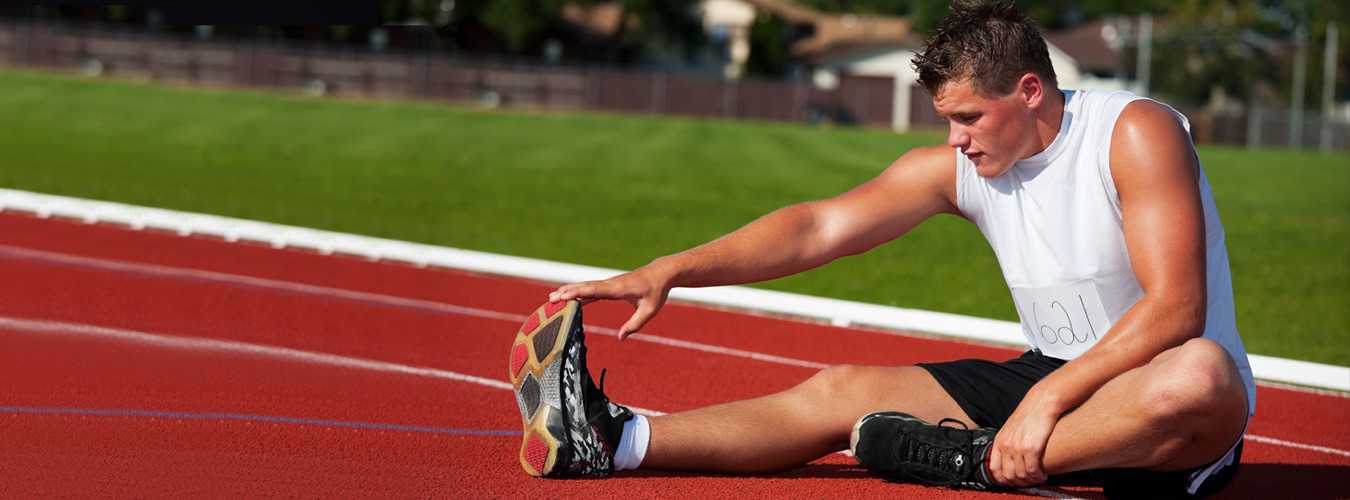Are You Working Out Too Much? The Importance of Rest and Active Recovery
10 June 2024
Hi there, Ziddis! Everyone enjoys the hormone rush, the sense of accomplishment, and seeing your gains pump up after a solid workout. But what if I told you that sometimes, resting is going to help you gain better than overexerting yourself? Yes, you read it right! In the world of fitness, rest, recovery and downtime are equally important as intense, heart-pounding exercises. Let’s see why taking a break for your body for muscle recovery after a sweaty workout could be the best thing you can do to achieve your goals faster!
The Advantages of Muscle Recovery and Resting
1. Helps In Growth and Repair of Muscles
Exercise breaks down muscle tissue in addition to burning calories and producing sweat. Your muscles repair themselves during rest and recovery, growing healthier and stronger in the process. So, you must allow your muscles the time they require to heal if you hope to see sustainable improvements.
2. Stops You From Overdoing Your Workout
Excessive exercise without enough rest can result in overstraining your muscles, making you experience exhaustion, poor performance, and a higher risk of injury. Adding a few rest days to your schedule can lower the risk of burnout and overtraining by allowing your body to repair and recover your muscle gains.
3. Restock Glycogen
Our muscles store energy like a gas tank (glycogen). Exercise uses that energy, leading to fatigue. Rest days are like refuelling, letting your muscles restock glycogen, and get ready for the next workout.
4. Helps Your Body To Overcome Adaptation
Our bodies are amazing at adapting to exercise, just like learning a new skill. We get stronger and fitter, but eventually, those workouts become easier. To keep pushing progress, you need to challenge your body with more difficulty. Rest days become the secret weapon here. They allow your body to recover from the stress of exercise, so when you hit the gym again, you’re primed to tackle a tougher challenge and keep those gains coming.
5. Gets You Better Results
Opposite to common belief, rest and recovery improve your performance over time. Giving your body and your muscles the rest they need to heal from small injuries and build strength rather than straining yourself too much to keep pushing is very important to get good results. Staying consistent is important but so is knowing when to rest and recover. You’ll be able to push yourself harder, lift more weight, and perform much better when you get back to the gym rested. You will see better gains out of this.
Signs of Post Workout Muscle Soreness
Now that you understand the importance of recovery and time to rest for your progress, let’s check out the telltale signs of overtraining in your exercise routine.
1. Post-Workout Muscle Soreness
It’s normal to feel sore after a good workout and that is how the workout and gains mechanism works but if it continues or gets worse, it might mean that you’re pushing yourself beyond your body’s limit. Ignoring this sign and still training on sore muscles could get you seriously injured and you will end up spending a lot more time in recovery.
2. Messy Mood Swings
You should feel great after working out, right? Well, you could feel irritable or even anxious if you are overtraining. Physical fatigue and stress on the body may be the reason for these mood changes. It could be time to cut back on your workouts and focus more on recovery if you notice a shift in your mood.
3. Constant Exhaustion
A sweaty workout gets you tired but if it stays on for a long time and the exhaustion is seeping into your everyday work and life it is something to think about. If your exhaustion doesn’t go away after your regular rest, it may be a sign that your body isn’t getting enough time to recover in between workouts. If you do not pay attention to it in time it will make you feel tired, inactive, and unproductive all the time.

Post Workout Recovery for Muscle Soreness
Recovery is when the magic happens. Now that you know that this is the time when your body rebuilds itself, gains muscle, and gets its energy back, Here’s what you should do during your post-workout recovery:
1. Drink Plenty of Water!
Always carry your big bottle everywhere you go especially to the gym. Your body needs to make up for the fluids it loses after working out. Water helps your body filter out toxins. Try adding some electrolytes to your water to help you gain back the salts and minerals you lose from intense sweaty workouts.
2. Fuel Up With The Right Nutrients
Your body needs fuel to recover. Your goal should be to eat a balanced meal to recharge your body within an hour of finishing your workout. Post-workout supplements are a game-changer in your recovery routine. They provide the necessary nutrients your body needs to repair and build muscle. One of the top brands to consider is MuscleBlaze, known for its high-quality supplements that boost energy, enhance performance and support overall health gains. Post-workout supplements are great because they can be made in seconds and are very convenient if you have a busy life or a crunched-up workout routine.
3. Cool Yourself Down
Do Not Skip The Cool-Down! Stretch out post-workout to reduce muscle tension, get more flexible and improve better blood circulation. The bonus is that this speeds up your recovery. Get yourself a good foam rolling and invest in a good massage once in a while and it will pay off by helping you heal from post-workout soreness, inflammation and improve blood circulation.
4. Get Enough Sleep
Do not skip sleep. As basic as this advice may sound, your body needs a good night’s sleep to produce hormones that help in muscle growth healing and repair. Try to get 7 to 9 hours of good sleep every night to wake up fresh and recover.
5. Listen to Your Body
Your body knows best. Whether it needs more sleep, rest day, food, or nutrients it will tell you in its way. Make sure to not ignore these signs. Listening to your body also helps in connecting with yourself better. It is great for your physical as well as emotional and mental health.

Muscle Soreness Recovery After Workout
Active recovery involves low-intensity activities that promote blood flow and aid in muscle recovery without putting additional strain on your body. This can include:
- Light Walking or Jogging: Helps reduce muscle stiffness and keeps your body moving.
- Relaxing Yoga: Makes you more flexible and relaxed.
- Swimming: Provides a full-body workout that’s easy on the joints and also relaxing. The bonus is that this is a great skill to have and stay healthy while enjoying it
Wrapping Up
Here you have it: a how-to for perfecting your recovery after a workout. Recovering is an active process that involves stretching, proper diet, hydration, sleep, and the correct supplements to help you become the greatest version of yourself. Don’t forget that post-workout recovery isn’t just about resting it’s about paying attention to your body and treating it with the respect it needs.
Read Also: How to Speed Muscle Recovery: Science Behind It and How to Boost It
Sources:
https://medlineplus.gov/ency/patientinstructions/000807.htm#:~:text=Rest%20is%20an%20important%20part,for%20too%20long%20can%20backfire.
https://www.healthline.com/health/active-recovery









 100% Safe & Secure payments:
100% Safe & Secure payments:




